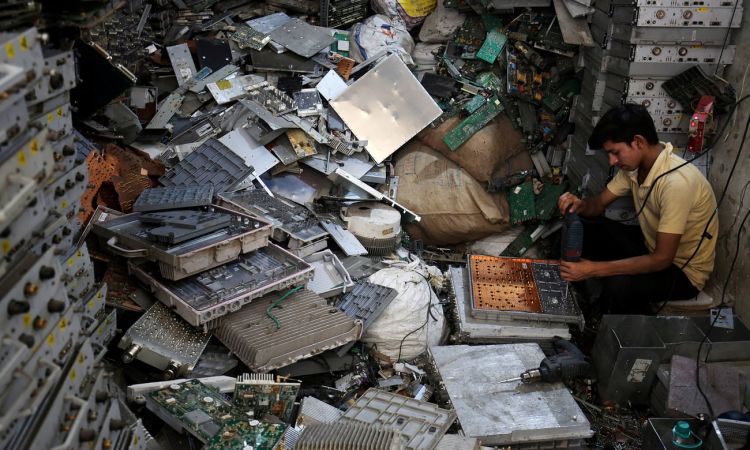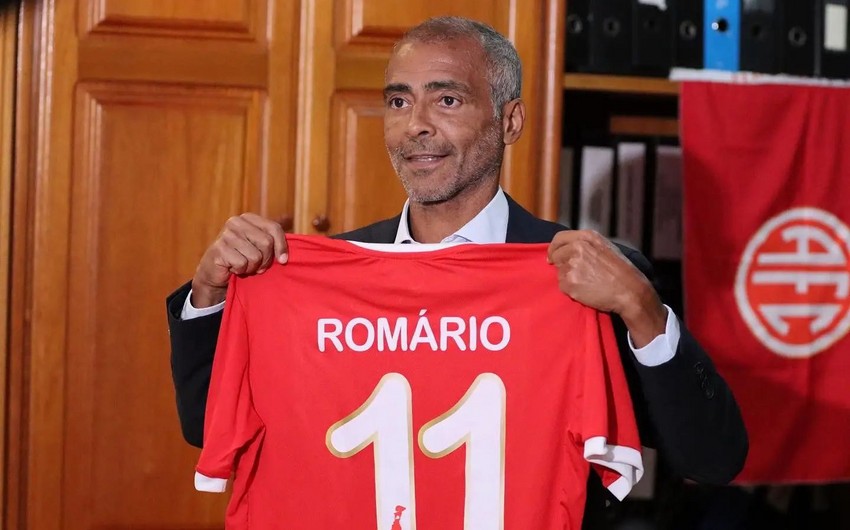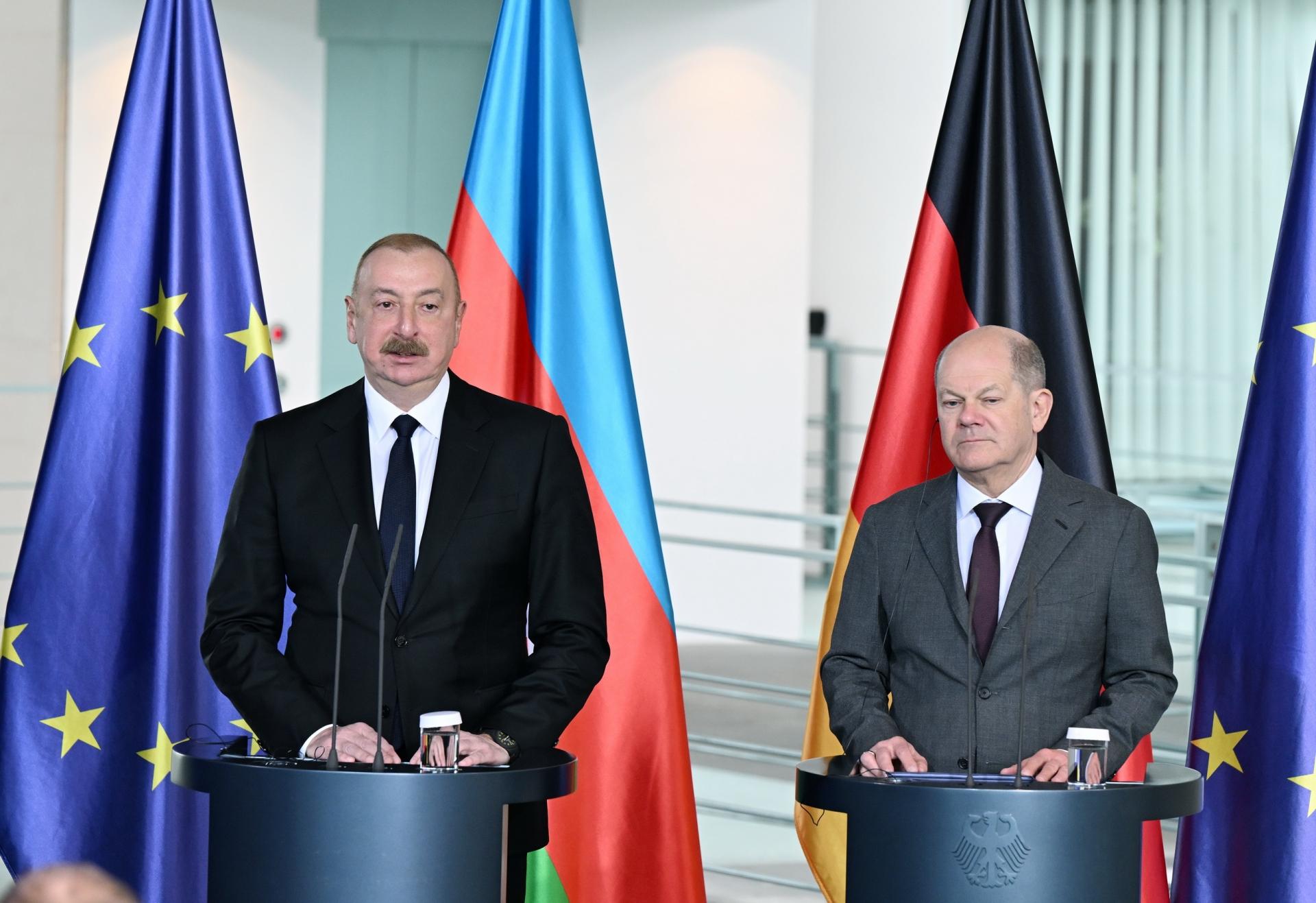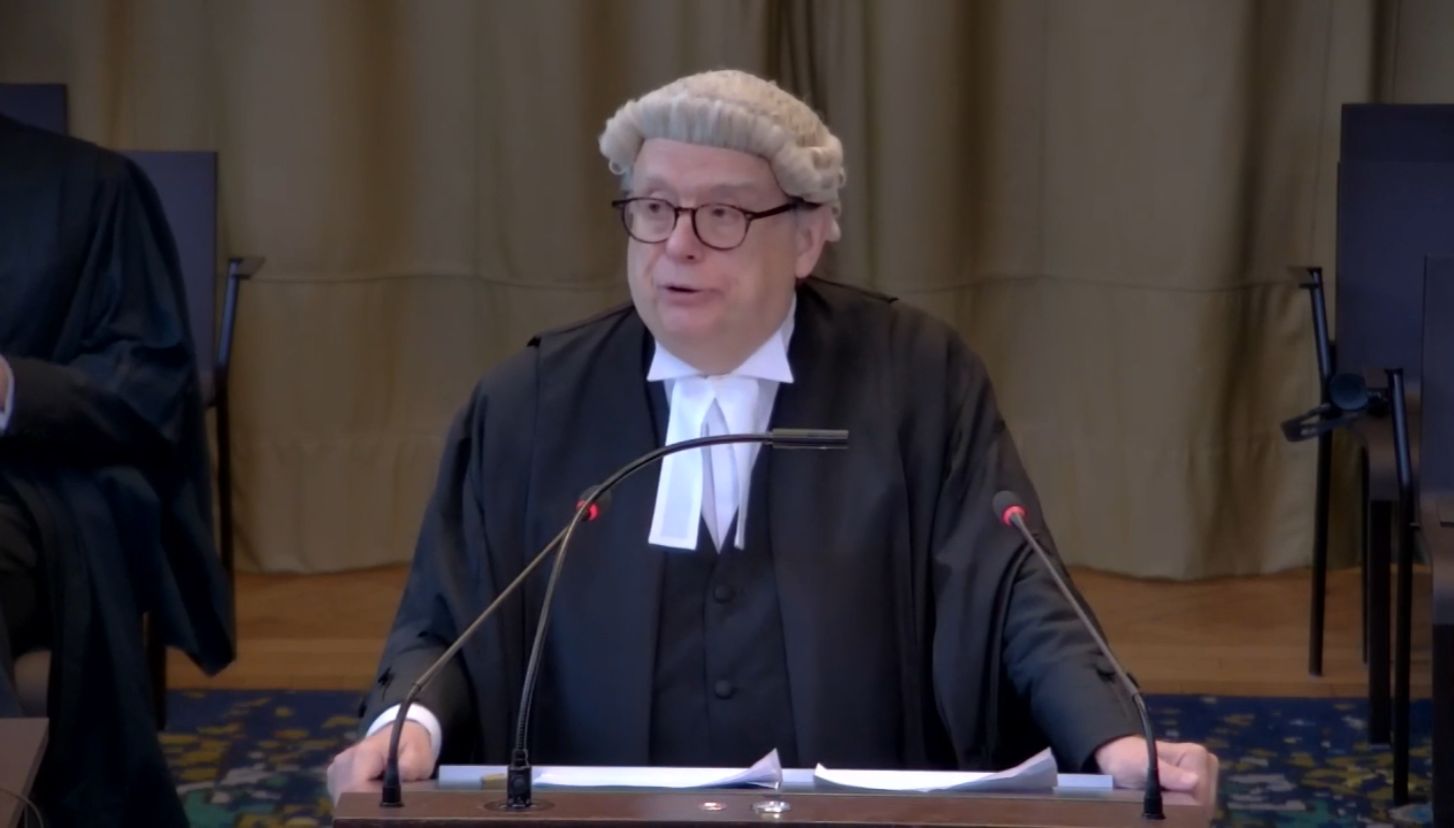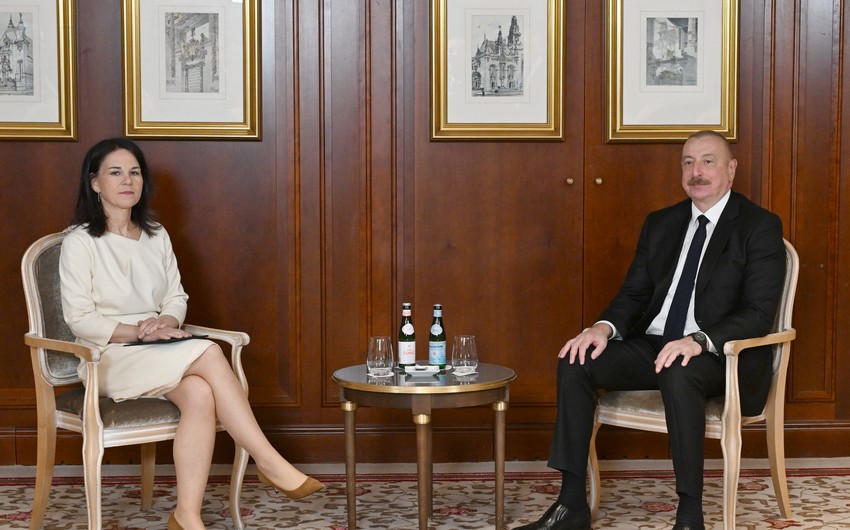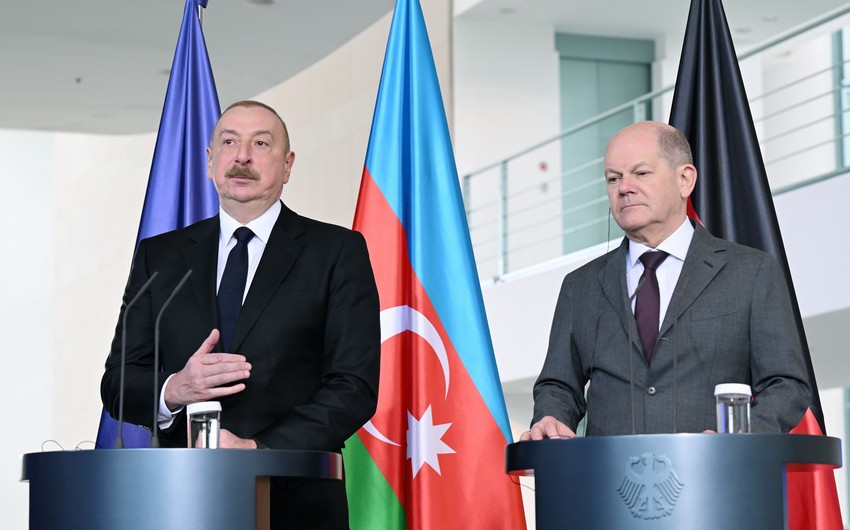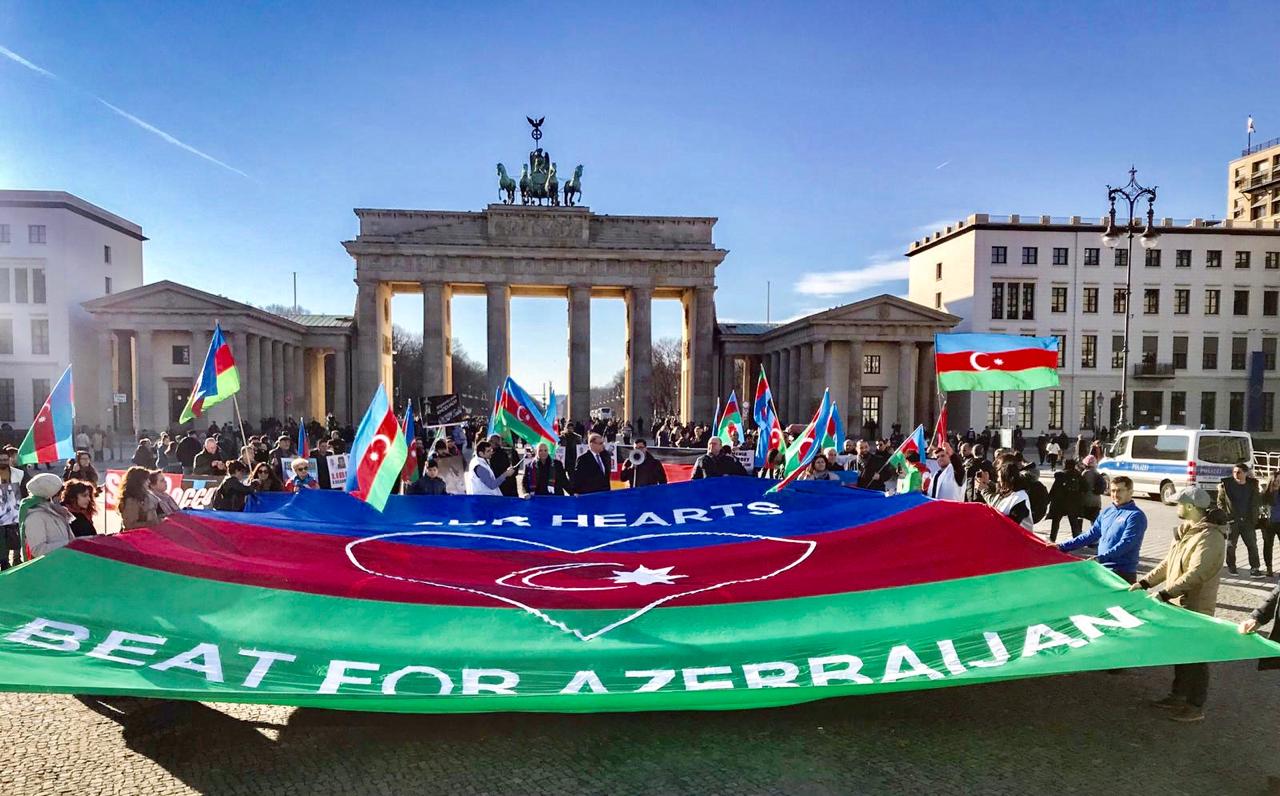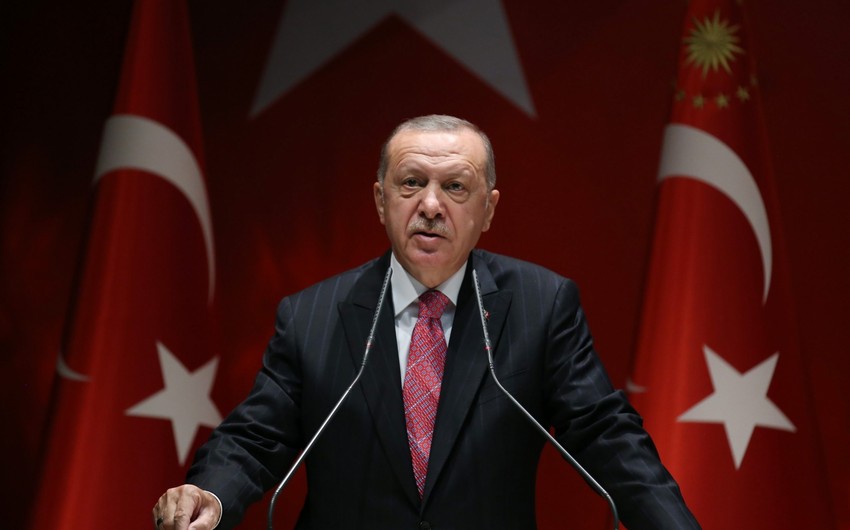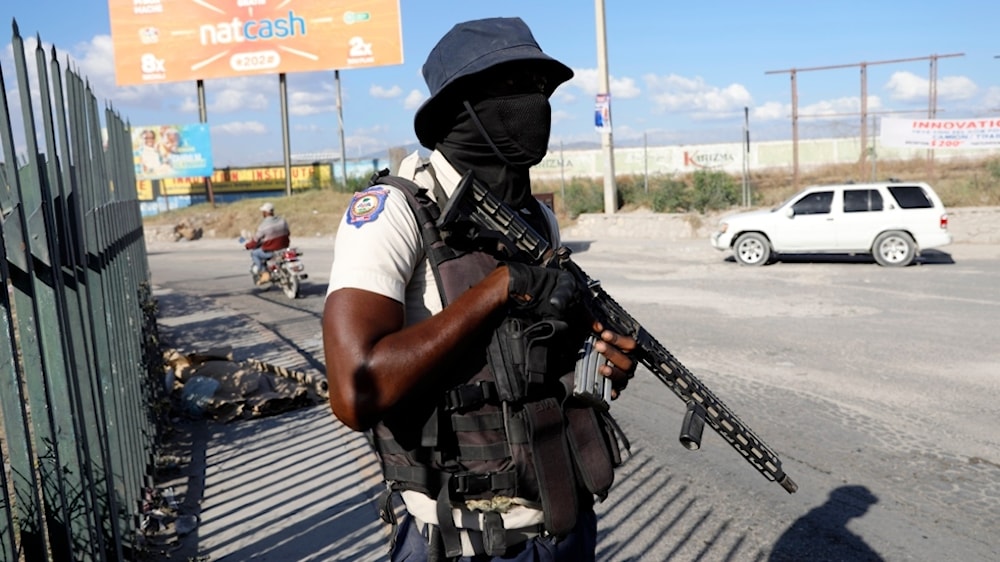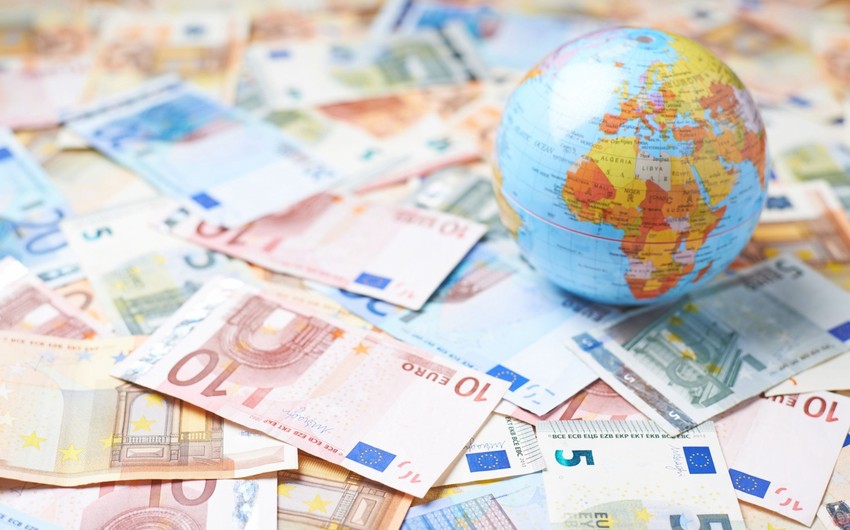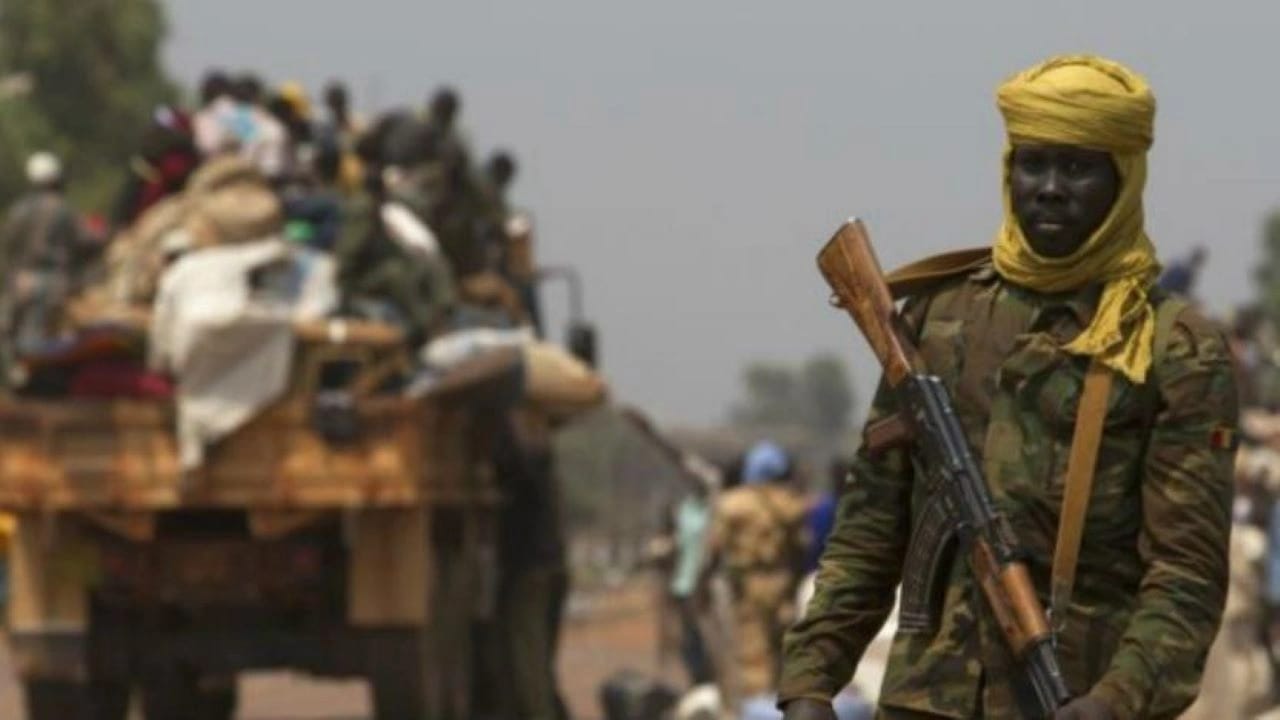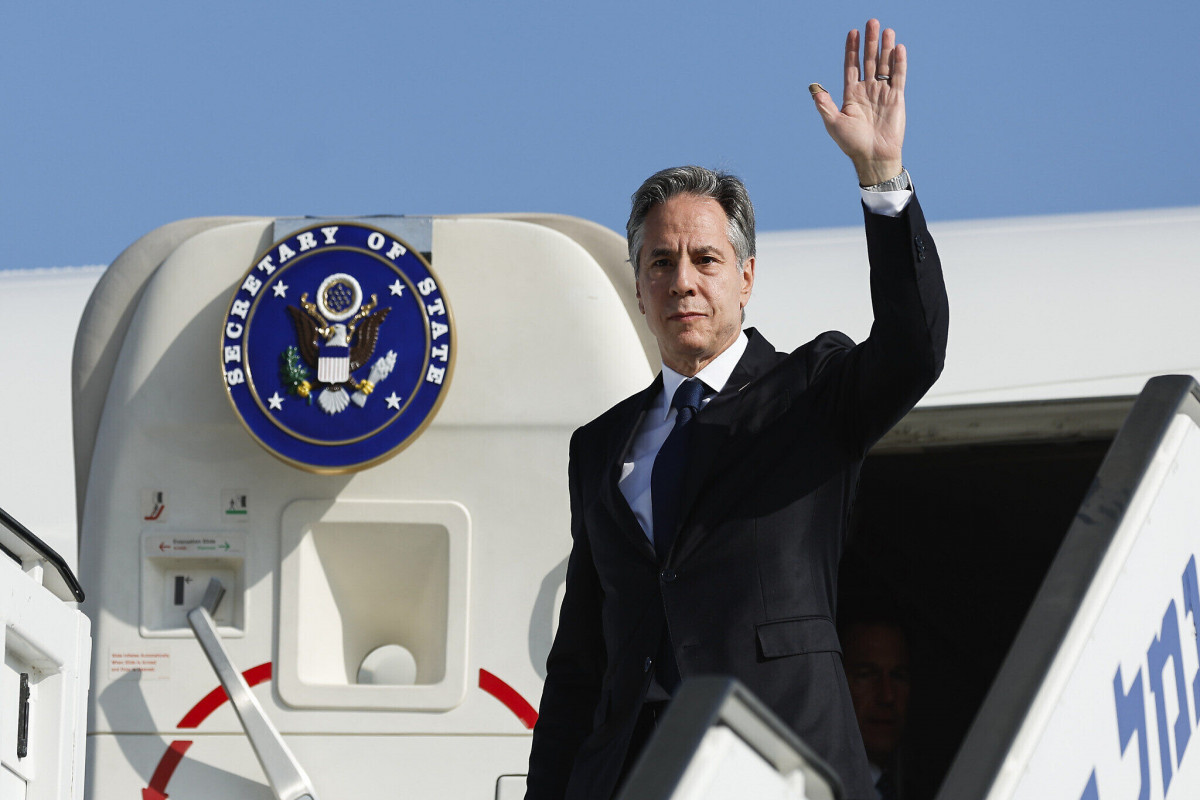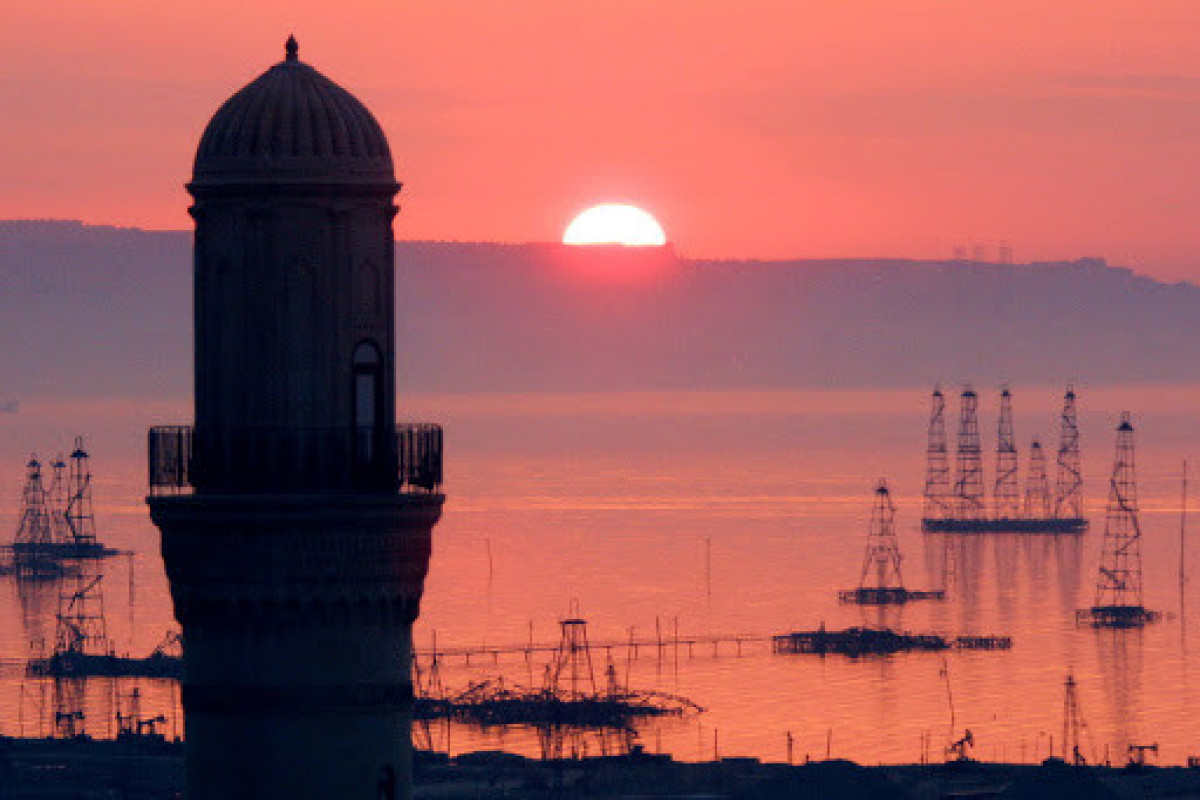In Moradabad, whole communities subsist by processing waste created by the world’s love affair with electronic goods. In this extract from their book, Assa Doron and Robin Jeffrey investigate the impact of this dangerous trade.
From the road one could see locals washing the ash from burned e-waste and using sieves to recover fragments of metal. Women and children broke apart and segregated the printed circuit board components, prying open the object and separating the gold, silver and copper-plated components.
Locals in Moradabad in western Uttar Pradesh described [to us] the process of recycling this hazardous material. Once the basic dismantling and separation were achieved, different methods of extraction followed: typically burning, grinding, washing and bathing in acid.
The city of Moradabad, home to 900,000 people, was once celebrated as the brass capital of India. Now it is notorious as a centre for e-waste processing, an industry built on the declining fortunes of its famed brassware sector.
This e-waste economy is thriving as the hazardous material, exported from the affluent developed world, continues to plague cities in developing countries. Can anything be done to stem the flow?
According to a report from the Indian Centre for Science and Environment, the brass industry suffered a severe blow from the global recession of 2008. Dwindling demand led people practised in metalwork to make the “natural” move into the e-waste industry, and streams of electronic goods began arriving from across the country and beyond.
The figures, according to one estimate, were staggering: 50% of the printed circuit boards used in appliances in India end up in Moradabad. With more than nine metric tonnes of waste arriving daily, the industry was said to employ tens of thousands of workers, most of whom earned between 100 and 300 rupees (£1-£3) a day.
The major e-waste processing site we observed was situated beside the bridge over Moradabad’s Ramganga river, in a predominantly Muslim neighbourhood. Men managing the flow of goods were visible from the bridge, as rickshaws carrying electronic discards made their way through the gate and disappeared into the alleys. Rhythmic hammering echoed up to the bridge.
Moradabad’s old specialty of brass manufacture simplified the shift to recycling electronic waste. Brass making requires high heat to melt and combine copper and zinc. Pit furnaces, used to turn the recovered metals into ingots, were available and well understood.
Once the circuit boards from phones and computers were burned to dislodge metals from plastics, they were turned into powder by ball mills of the kind used in brass manufacturing. The powder from the dissolved circuit boards was separated by sieves or by washing in water. The pit furnaces finished the task of melting metal into ingots.
Copper was by far the largest proportion of metal recovered in this extraction process, and much of the copper was sold back to the brass industry in the city. The recovery of much smaller quantities of platinum, gold and other precious metals was worthwhile because of their high market value.
The role of the police presence was hard to gauge, but according to one local there was an arrangement between the police and various parties – presumably intended to appear as though strict regulations on e-waste processing were in force.
In fact, the gatekeeping function was to exclude outsiders. Local people believed the police received money and goods from e-waste dealers who wished to protect their businesses, and that benefits flowed up and down the chain of command. The lowly police on the gate relied on small gratuities, but locals suggested that bigger favours went to more senior officials. The e-waste industry required protection from busybodies who might want to enforce the law or from potential competitors who might pry into their business and steal clients.
This e-waste industry relies on what anthropologist Anna Tsing calls “salvage capitalism”, in which value is gained with little capitalist control and regulation. Indeed, many of the transactions and restrictions characterising the Moradabad slum depended on a local, non-capitalist economy that has its own value system. Families work in dismal conditions to sustain an elaborate network of exchange. But this informal economy creates value for capitalist enterprises that benefit from the semi-clandestine activity.
In the absence of an international standard coding that clearly defines what constitutes hazardous or toxic waste, it becomes relatively easy to smuggle across borders with impunity. This is further facilitated by a host of actors and institutions that populate the waste trade and handle transnational waste flows with entrepreneurial innovation.
E-waste will continue to plague the subcontinent. The increase in electronic discards from a more affluent population compounds the problem of waste dumping from developed countries. Lax regulations and a cheap labour force make India an attractive place for disposal and processing.
The offshoring of industrial hazardous waste from first-world countries to the third world is notoriously difficult to track, identify and quantify – but there is evidence to suggest that illegal dumping continues unabated.
This article is an extract from Waste of a Nation: Garbage and Growth in India by Assa Doron and Robin Jeffrey, published by Harvard University Press.

